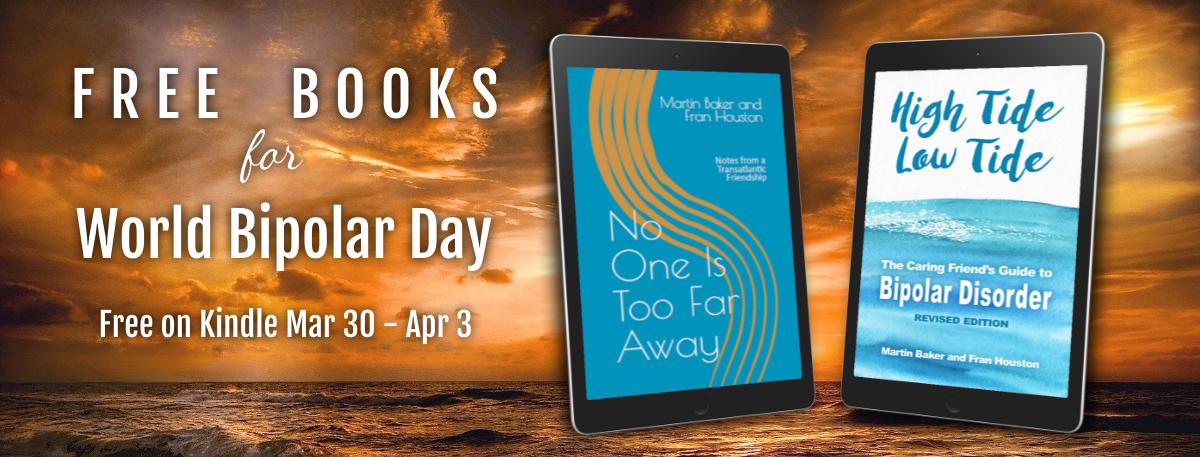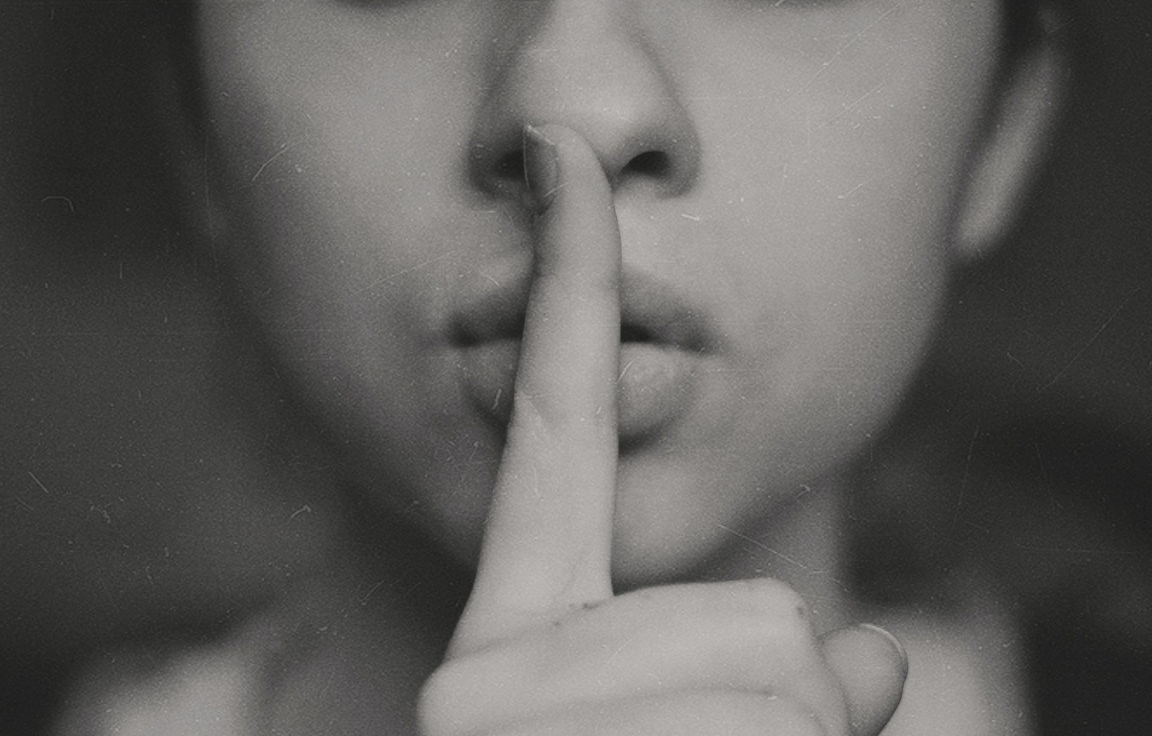Be careful with whom you share your secrets. Don’t forget your best friend has a best friend, and your best friend’s best friend also has a best friend. (Vikrant Parsai)
I have a small number of close friends with whom I feel safe enough to be vulnerable and open. A good deal of what we share is personal. Some is intensely private. I trust that what I tell them will be treated with care, and trust myself to handle what they tell me with equal respect. How does that work in practice, though? Do I ever get it wrong? (Spoiler alert: yes.) Do they? (Also yes.)
I’ll focus on secrets shared with friends, but the same principles apply no matter who we choose to share with, or who shares with us.
Expectations and Behaviour
Pause for a moment and consider the following words. Secret. Private. Confidentiality. Trust. What do they mean to you? Do you know what they mean to your friends, and others you share your secrets with? We tend to assume everyone understands these concepts in a similar way, but in my experience there are subtle – and sometimes not so subtle – differences in how we handle each other’s confidences.
As with many of our beliefs and standards, our attitudes to confidentiality are based on societal and cultural norms, how we were raised, and our lived experience. This means we can’t automatically assume other people share our expectations and behaviours.
That’s not to say other people are going to be untrustworthy, or less careful with our secrets than we’d like them to be. The opposite may well be the case. It can come as a shock, but it’s entirely possible that our friends hold themselves — and us — to standards more stringent than our own.
Types of Secrets
Secrets are anything we don’t want everyone to know, but the kind I’m thinking about include the following.
- Physical and mental health issues, symptoms, and treatment
- Family life and childhood
- Life experiences, including risky or illegal activities
- Trauma and abuse
- Self-harm and suicidal thinking
- Bereavement and loss
- Relationships, including partners, friends, and colleagues
- Financial situation and concerns
Secrets are often about difficult events and experiences, but they can also be about “good things” such as our hopes for the future, planning an event, or an exam or job interview where we want to keep things private to limit the pressure we’re feeling.
Healthy Sharing
Given the potential for mistakes and misunderstanding, and the fact that there are negative sides to both keeping and sharing secrets, we might wonder why we invite people into our confidence at all, or allow others to share their secrets with us.
I find it helpful to share what’s going on for me with people I trust. The act of sharing builds trust and cements relationships. It’s a cornerstone of my mutually supportive friendship with Fran that we can be honest and open with each other no matter what is happening. That’s only possible because we hold a non-judgmental space in which we feel safe. The same holds with each of my other close friends.
Talking to friends about “my stuff” is one thing. Sharing what others have told me is another. I draw a distinction between simply repeating what someone has told me in confidence, and sharing how I feel about what they’ve told me. The latter helps me process those feelings. The distinction isn’t always obvious or cleanly defined, but it’s how I hope my friends approach the things I share with them. As I’ve written elsewhere, “I trust each of [my friends] implicitly — although if they were sufficiently concerned about me I’d expect them to reach out or escalate. Likewise, it wouldn’t be a problem if they needed to turn to their support networks after helping me.”
This is less controversial than it might appear. A friend will often share with me their frustration, disappointment, or anger at a something a family member, colleague, or friend has said or done. It’s part of how they process their feelings about what happened. In doing so, they’re telling me things the other person may not expect or want to be repeated, but there’s little danger of the breach of confidence escaping the safe space we hold or getting back to the person concerned.
This is easier to manage when you have little or no direct contact with the person your friend is talking about. This tends to be the case with my network of friends, as each friendship is more or less insulated from the rest. It may be more of an issue when you have groups of mutual friends. That said, there are benefits to sharing the responsibility of holding secrets within a group, as I’ve discussed elsewhere.
Safety First
One situation in which I’d consider breaking a confidence is where I believe there’s a risk to life or safety. That sounds obvious, but it can be less straightforward in practice.
I believe it’s vitally important that people have a safe space to share how they’re feeling — including such topics as self-harm and suicidal thinking — without being immediately reported to the police or emergency services. That’s the kind of space I seek to hold for my friends. I’ve sat and talked (and listened) through situations where I’m sure others would have escalated things, with or without the person’s consent. I’ve not always been sure I made the right call but my judgment is part of who I am. This in turn is part of what enables the safe space in the first place.
The decision to go outside that shared space is never to be taken lightly, and may affect your friendship afterwards. One friend told me they felt unsafe sharing how bad they were feeling because I might decide to break their confidence and involve outside agencies. There’s no easy solution to this dilemma, but if you believe the person’s life or safety are at risk, there’s no responsible alternative. Promising never to divulge something under any circumstances is inherently unhealthy and may become dangerous.
Fran and I discuss this in the chapter of our book which deals with being there for someone when they’re feeling suicidal.
I have never promised to keep our conversations secret if I believed secrecy would endanger her. Fran knows I would do everything in my power to keep her alive, including bringing in other people and agencies if it became necessary.
The closest we’ve come to this was during Fran’s extended trip to Europe in 2013, when I invoked her travel wellness plan.
I was reading your wellness plan today, where it says: “Let me know if you feel I am exhibiting any of these behaviours. I might not want to hear what you are saying so remind me of this document and that I asked you to help me take care of myself.” I think we both agree you are depressed and having suicidal thoughts, and there is something close to self-harm with how you are drinking and smoking (and even that is not really helping things). You trust me to help you. I trust you to let me. I believe we need to escalate this. I’ve not been in touch with anyone else. Yet. But there are names on the wellness plan. They are there for a reason.
After discussing it next day, we contacted her psychiatrist. With his support and a change in medication, Fran was able to stabilise her symptoms and complete the trip.
Oversharing
At one time or another, I imagine each of us has passed something on that we were told in confidence. Likewise, we’ve probably all had someone share something we’d expected them to keep to themselves. Honest mistakes are one thing, but there are some situations in which breaking a trust is harder to justify, accept, or forgive.
Gossip is the most common and socially tolerated behaviour in which secrets are habitually shared. It’s often excused as workplace banter or “just a bit of fun” but regardless of intent its effects can be hurtful, even devastating.
Oversharing or floodlighting is where we share excessively or inappropriately with people who may be unprepared or unable to handle the torrent. It’s discussed well in How I’m Learning to Stop “Floodlighting” in My Relationships, and How You Can Too, by Ashley Broadwater.
Oversharing can be a symptom or consequence of illness, as I learned early in my friendship with Fran. We used email a great deal and I soon found myself copied into her email exchanges with others. She was manic at the time and had a tendency to bombard her closest friends. She would copy several of us into individual emails and forward those she received from other people to everyone in the group. This behaviour helped Fran process things and solicit input from the people she trusted most, but it could be disconcerting and overwhelming for the rest of us. On one occasion, Fran shared a personal letter I’d written her with a waitress at her favourite diner.
Handling the Hurt
Whatever the reason or circumstance, it’s rare that someone is happy that a confidence was broken or a secret shared. If someone is angry, disappointed, or upset that we passed on something they shared in confidence, we need to acknowledge that hurt and our responsibility for it. The consequences, for them and for others, may be far more serious than we anticipated. Not understanding that in advance is no excuse.
Likewise, if someone passes on information you shared in confidence, allow yourself time to process what happened, how you feel about it, and whether you are able to trust that person the same way in future. Honest mistakes, good intent, or genuine misunderstandings about how “secret” the information was meant to be can mitigate the damage, but trust can be hard to rebuild. In my experience the best approach is to be honest about what happened, and take things from there.
If you keep finding yourself in situations where people divulge your secrets, or you pass on things others have shared with you, consider paying closer attention to your boundaries. In particular, think about why and with whom you share your secrets, and your reasons for passing on information other people have told you. Respecting other people’s boundaries — and acknowledging they may differ from your own — is an important aspect of this work. If you’re interested to learn more, I’ve explored boundaries in a number of past articles, including these on healthy boundaries, how to be someone your friends can rely on, and codependency in the caregiving relationship.
Over to You
In this article I’ve explored some aspects of keeping secrets and holding things in confidence, based on my experience with Fran and other friends. Do you broadly agree with my take on these important topics, or do you approach them differently? How have you handled breaches of confidence in the past, and what have you learned in the process? Can trust be restored once it has been lost? We’d love to know, so feel free to leave a comment or get in touch.
Photo by Kristina Flour on Unsplash.






